What’s the Average Cost for Security Camera Installation?
While the bottom-line price is always a major factor, the real conversation is about value and reliability. A security system is more than just hardware; it’s your first line of defense and a source of daily peace of mind. Choosing the right system means balancing your budget with the quality and expertise that ensure it works when you need it most. Instead of just looking for the cheapest option, it’s about finding the smartest solution for your home. To do that, you need a clear picture of the investment. Let’s explore the average cost for security camera installation and, more importantly, what that investment gets you in terms of protection and confidence.
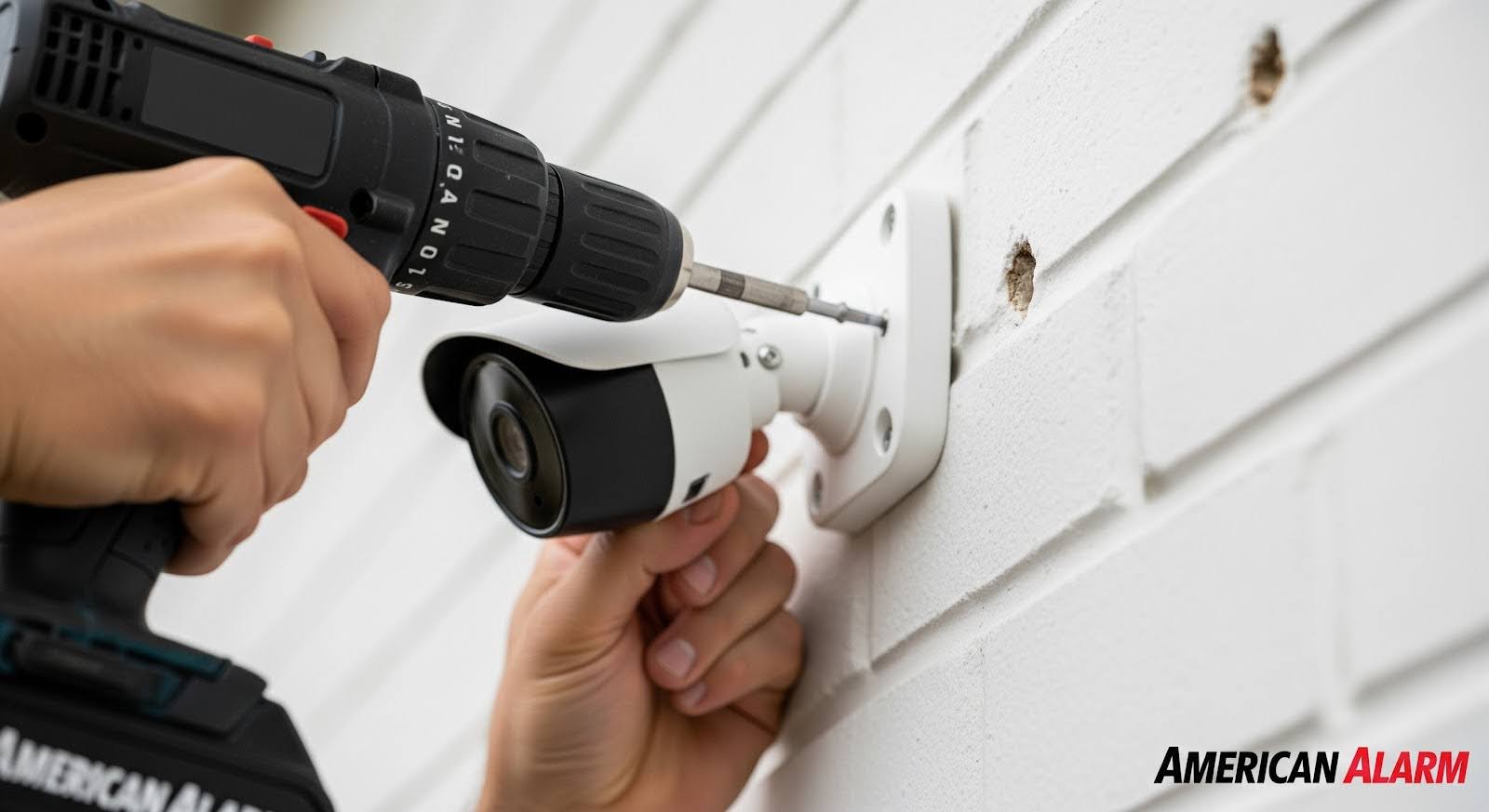
Key Takeaways
- The total cost for professional installation in Georgia depends on camera type (wired vs. wireless), number of cameras, and system features like 4K resolution or analytics.
- Key factors influencing price include equipment costs, labor for installation and setup, and any ongoing monitoring or data storage fees.
- While DIY is an option, professional installation from a company like American Alarm ensures optimal camera placement, correct configuration, and system reliability.
- On average, homeowners can expect costs to range from a few hundred to several thousand dollars, depending on the complexity of the surveillance system.
When considering a security system for your Georgia home, one of the first and most important questions is: “How much will this cost?” It’s a practical question that deserves a clear answer. However, the home security camera installation cost isn’t a single, fixed price. It’s a tailored investment that depends entirely on your property’s unique needs, the level of security you want to achieve, and the technology you choose. Think of it like planning a home renovation; the final price depends on the materials, the scope of the project, and the expertise of the professionals you hire. From a simple setup covering the front door of a Roswell townhouse to a comprehensive system for a large estate in Alpharetta, the costs can vary significantly. This guide will break down the essential factors that determine the price, giving you the knowledge to budget effectively and make an informed decision to protect your home and family.
What Determines Your Home Security Installation Cost?
Before we get to specific price ranges, it’s crucial to understand what goes into the final quote. The total cost is a combination of three main components: the physical hardware, the skilled labor required for a flawless installation, and the advanced features that elevate a simple camera into a powerful security tool.
Hardware: The Foundation of Your System
The foundation of your security system is the equipment itself. The quality, type, and quantity of your cameras are the biggest drivers of hardware costs. You’ll choose from various camera styles like bullet, dome, or turret cameras, each suited for different locations. Beyond the style, resolution plays a huge role; a standard 1080p HD camera is more affordable than a 4K Ultra HD camera that captures crystal-clear detail. Other hardware includes a Network Video Recorder (NVR) or Digital Video Recorder (DVR) to store your footage locally, as well as all necessary cabling, mounts, and power supplies.
Typical Equipment Pricing
So, what should you budget for the actual hardware? The cost for your security viewers and recording equipment can vary widely based on your needs. For a basic setup covering key entry points, the equipment might cost a few hundred dollars. However, for a more comprehensive system with multiple high-resolution units protecting a larger property, the hardware investment can easily extend into the thousands. Wired systems, which offer a highly reliable connection, often have a higher upfront equipment cost due to the need for physical cabling and more robust components. The final price tag ultimately comes down to the specific systems and products you choose to create the ideal security solution for your home.
The Value of Professional Setup
Professional installation is more than just drilling holes and mounting cameras. It’s a critical service that ensures your system works reliably and effectively from day one. Labor costs cover the time and expertise required for a certified technician to:
- Strategically plan camera placements to eliminate blind spots.
- Carefully run and conceal wiring for a clean, secure setup (especially for wired systems).
- Connect all components to the NVR/DVR and your home network.
- Configure all software, set up remote viewing on your devices, and ensure the system is secure from cyber threats.
- Train you on how to use your new system effectively.
This professional touch guarantees that your investment performs as expected when you need it most.
Understanding Labor in Your Total Quote
When you review a quote, the labor cost reflects the technician’s expertise and the time needed to integrate the system into your home perfectly. This isn’t just about screwing a device to a wall; it’s about precision and planning. Professional installation fees, which can range from $80 to $200 per camera, cover the intricate work of finding the best vantage points, running wiring discreetly, and ensuring every component communicates flawlessly. The complexity of your home’s layout, the materials of your walls, and the specific placement requirements all influence this cost. Paying for professional labor is an investment in reliability, ensuring your system is set up correctly the first time for optimal performance and peace of mind.
Installation Costs: Wired vs. Wireless
The choice between a wired and a wireless system is one of the most significant factors affecting installation costs. Wired systems are often considered the gold standard for reliability, but they require a more intensive installation process. Technicians must run cables through walls, attics, and crawlspaces, which increases labor time and cost, typically ranging from $150 to $450 per camera. In contrast, wireless systems are less invasive and quicker to install, which generally results in lower labor fees. However, even wireless setups benefit from professional installation to ensure strong network connections, secure configurations, and ideal placement. Understanding the different types of systems available helps you balance your budget with your security needs.
Beyond the Basics: Smart Features and Storage
Modern security systems offer powerful features that go beyond simple recording. The more advanced the features, the more they can influence the cost. Basic features include motion detection and night vision, which are standard on most quality cameras. However, you can upgrade to systems with intelligent video analytics that can distinguish between people, vehicles, and animals, reducing false alarms. These advanced analytic security cameras provide proactive alerts and smarter security. You also have choices in video storage—local storage on an NVR is a one-time cost, while cloud storage often involves a recurring subscription fee. 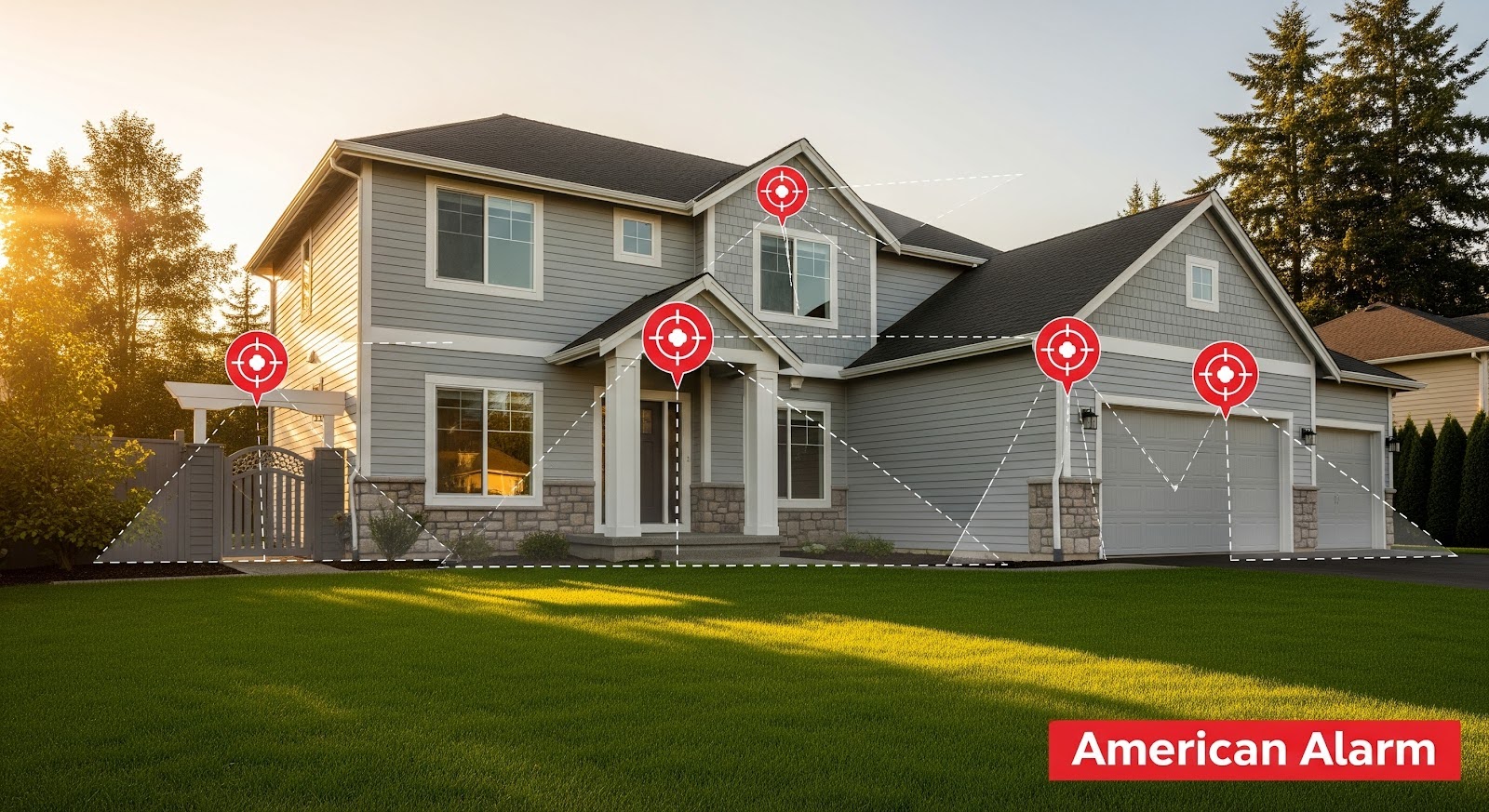
What’s the Average Cost for Security System Installation in Atlanta?
While a personalized quote is the only way to get a precise figure, we can provide some general price ranges for Atlanta-area homeowners. These tiers help illustrate how the factors we’ve discussed translate into real-world costs.
Breaking Down the Numbers: National Averages
To give you a solid starting point for budgeting, it’s helpful to look at national cost averages for security system installations. Keep in mind that these are broad estimates. The final price for your Atlanta-area home or business will depend on local labor rates and the specific layout of your property. Nationally, a very basic professional installation can start in the low hundreds, but most homeowners opt for more comprehensive coverage. Think of these figures as a ballpark estimate before you get a detailed, personalized quote that reflects the unique security needs of your property and the advanced technology you decide to include.
Typical Cost Ranges for Professional Installation
For a standard four-unit surveillance system, homeowners typically invest between $500 and $1,600, which includes both the equipment and the professional labor to get it all running perfectly. The installation labor itself often ranges from $80 to $200 per security device. A more detailed breakdown often looks like this: a basic setup with two to four devices might cost between $200 and $1,000, while a mid-range system for a larger family home could be anywhere from $1,000 to $3,500. The final cost depends heavily on the specific systems and products you choose, such as high-resolution units or advanced analytics, which provide smarter, more reliable protection.
Essential Coverage: The Basic Package
A basic package is an excellent entry point for smaller homes, apartments, or those focusing on primary entry points like the front door and back patio. This typically includes two to four high-definition wireless cameras. Because installation is less intensive, labor costs are lower. This setup provides essential visibility and deterrence, offering significant peace of mind at an accessible price point.
Comprehensive Protection: The Standard Package
This is the most popular choice for the average single-family home in communities like Marietta or Cumming. A standard system often includes a mix of four to eight wired and wireless cameras, providing comprehensive coverage of the property’s perimeter. It almost always includes an NVR for 24/7 local recording, ensuring you always have a record of events without relying solely on the cloud. These are the kinds of robust and reliable professional security camera systems in Atlanta that homeowners trust.
Maximum Security: The Advanced Package
For larger properties, homes with significant valuables, or homeowners who want the absolute best in security technology, an advanced system is the answer. This could include eight or more 4K cameras, specialized cameras like pan-tilt-zoom (PTZ), and advanced video analytics. The cost reflects the premium hardware and the more complex installation required. With such a system, you’re not just recording events; you’re proactively monitoring your property with intelligent technology. When considering a system of this caliber, it’s always wise to check for any current security system specials that might be available.
Wired or Wireless: Which is Right for Your Budget?
One of the most significant decisions you’ll make is choosing between a wired and a wireless system, as it directly impacts both equipment and labor costs. A wireless system generally has a lower upfront installation cost because it eliminates the need to run video cables through walls and ceilings. This makes the setup process faster and less invasive. Many homeowners appreciate the flexibility of these wireless security system options. Conversely, a wired system requires more intensive labor to run cables from each camera back to the central NVR. This increases the installation cost but provides an exceptionally stable and reliable connection that isn’t susceptible to Wi-Fi interference. Wired cameras are also powered directly, so you never have to worry about changing batteries. While the initial investment is higher, many view it as a more permanent and robust long-term security solution. 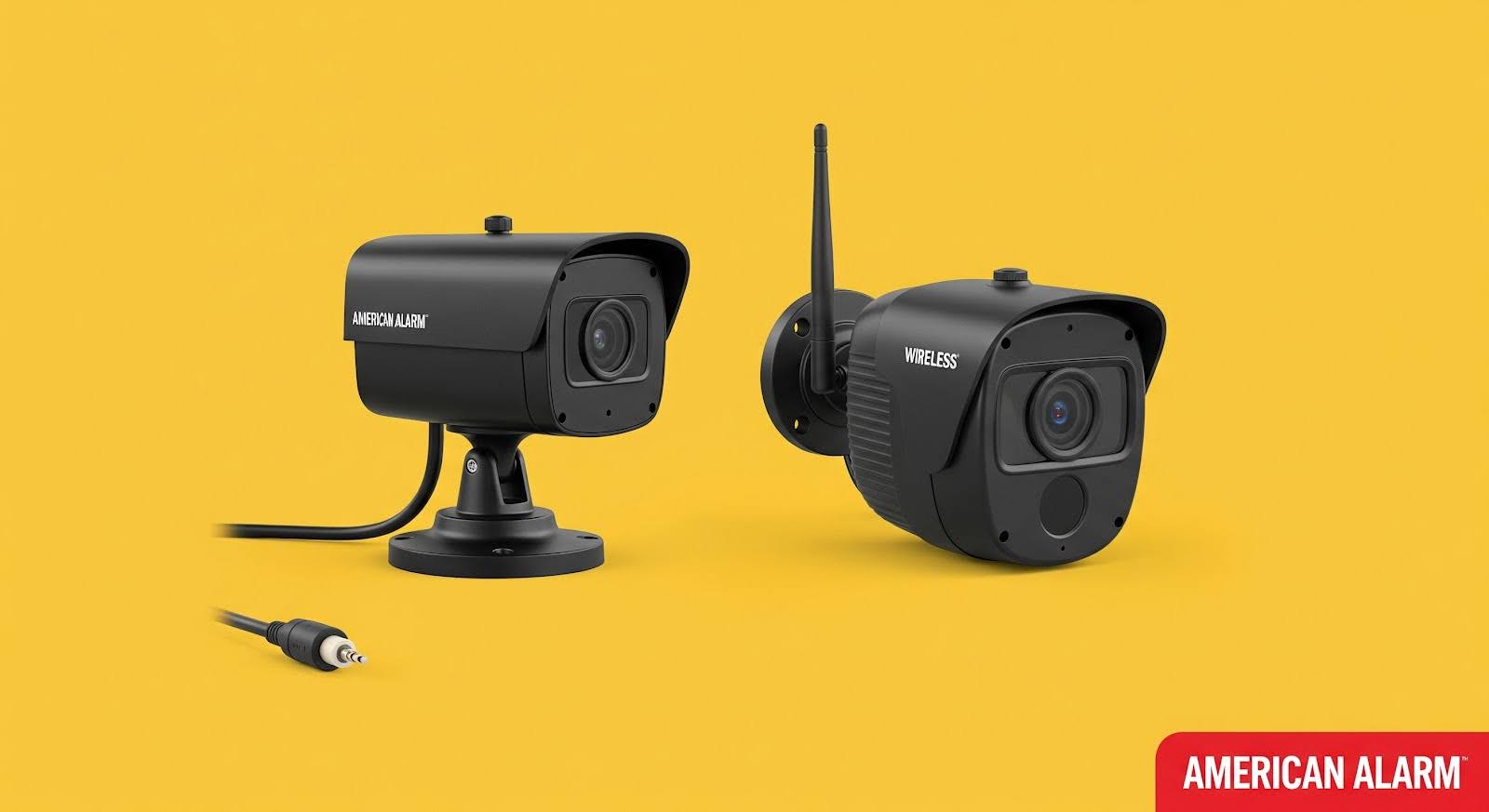
Are There Monthly Fees to Consider?
The initial installation price is the primary investment, but it’s also important to consider potential ongoing costs for services that enhance your system’s capabilities. These are typically optional but add powerful layers of protection. The most significant recurring cost is professional monitoring. With residential security monitoring, a team of trained professionals watches over your home 24/7. If a camera or alarm is triggered, they can verify the emergency and dispatch police, fire, or medical services on your behalf. This service provides unparalleled peace of mind, especially when you’re away from home. Another potential ongoing cost is cloud video storage. While an NVR provides ample local storage, a cloud subscription saves your footage on a secure remote server. This protects your recordings from being lost if a burglar damages or steals the NVR and allows for easy access to your video clips from any device, anywhere.
Maintenance and Other Potential Costs
Beyond the initial setup and any monthly service fees, it’s wise to consider the long-term care of your system. Just like any other major home appliance, your security equipment benefits from occasional checkups to ensure it’s performing optimally. Budgeting a small amount annually for potential maintenance or alarm repair can keep your system running smoothly for years. It’s also helpful to view this as an investment rather than just a cost. A professionally installed security system is a valuable asset that can increase your home’s appeal and overall value. For many potential buyers, a reliable security setup is a major selling point, offering them built-in peace of mind and making your property stand out in the market.
Is Professional Installation Really Worth It?
In an age of DIY everything, it can be tempting to buy a box of cameras and try to install them yourself. However, when it comes to the safety of your family and property, professional installation is an investment that pays for itself. Our professionals understand the nuances of camera placement to ensure maximum coverage and optimal fields of view. They have the tools and experience to run wiring cleanly and safely, preserving your home’s aesthetics. Most importantly, they ensure your system is configured correctly and securely on your network, protecting it from potential hackers. By hiring a professional, you save yourself time, avoid potential frustration, and gain the confidence that your security system is installed to the highest standards. When you’re ready to explore all your options, from camera systems to fire alarms, you can view our full range of services.
Self-Installation vs. Professional Service
Time and Cost Considerations
The biggest draw for a self-managed setup is, without a doubt, the potential cost savings. By handling the installation on your own, you eliminate labor fees, which can be a significant part of the initial investment. If you’re technically inclined and comfortable with tools, setting up a system of wireless security devices can be a manageable project that keeps more money in your pocket. However, it’s important to factor in your own time. What might take an expert a few hours could take you a full day or weekend, pulling you away from other priorities. This trade-off between your time and your money is the central question when weighing your options.
On the other hand, hiring a professional service like American Alarm transforms the cost from a simple labor fee into an investment in reliability. While industry reports show professional installation can range from $80 to $200 per surveillance unit, that price covers far more than just mounting the hardware. A certified technician ensures optimal placement for complete coverage, configures the network for secure and stable performance, and makes sure the entire system works flawlessly from day one. This expertise not only saves you significant time and potential frustration but also provides the assurance that your security system is set up correctly to protect what matters most.
Ready for Your Personalized Quote?
Ready to protect what matters most? Stop guessing and get a personalized quote based on your specific security needs. Contact the American Alarm team today for a transparent estimate on your home camera installation.
FAQs
Is professional security camera installation worth the cost? Yes, professional installation is a valuable investment. Experts ensure optimal camera placement for maximum coverage, secure network configuration to prevent hacking, and proper setup of all system components, saving you time and providing greater peace of mind. How much does it cost to install four security cameras in a home? The cost to install a 4-camera system can vary significantly based on whether the cameras are wired or wireless and the specific features included. A basic wireless system will be less expensive than a hardwired 4K system with an NVR. Contact us for a precise quote. Are there monthly fees for home security cameras? There can be, depending on the services you choose. Optional monthly fees typically cover professional 24/7 monitoring, where a team responds to alerts, and cloud storage for your video footage. Basic self-monitored systems may have no monthly fees.
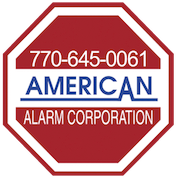
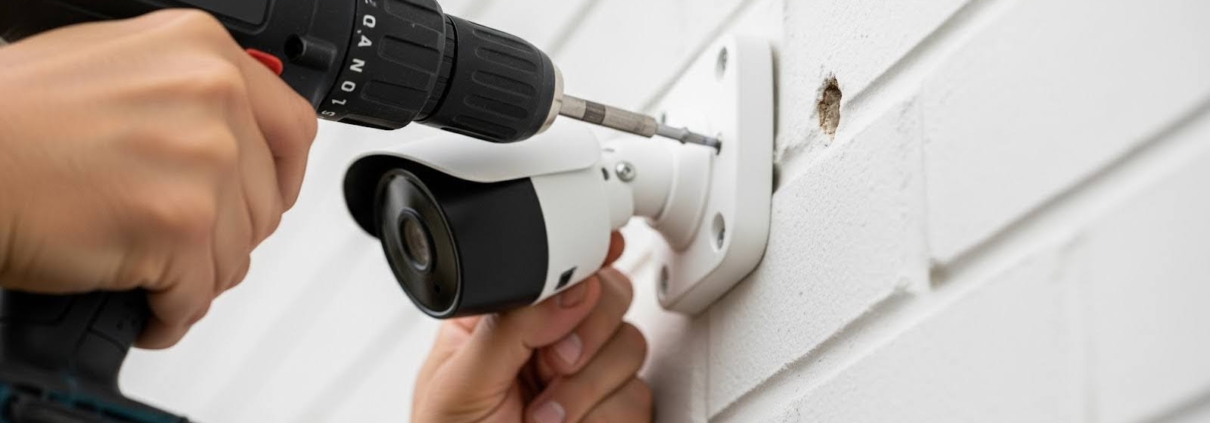


Leave a Reply
Want to join the discussion?Feel free to contribute!